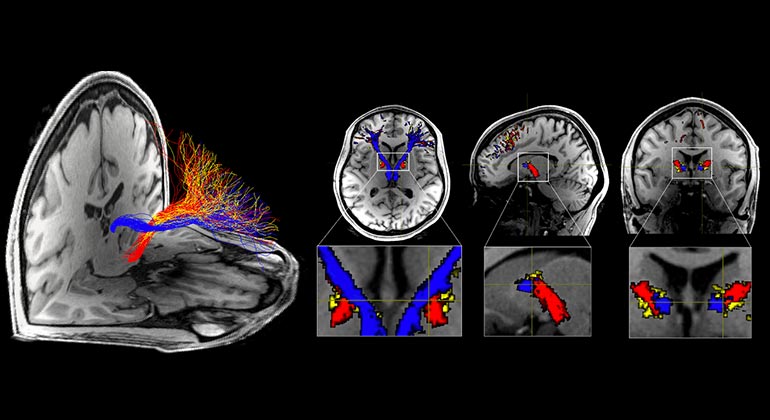A Potential Neurological Cause of Heroin/Cocaine Addiction
October 12, 2022
Researchers of Icahn School of Medicine at Mount Sinai and Baylor College of Medicine have connected the addition of these two hardcore narcotics to faulty brain circuitry. They used diffusion MRI tractography to observe the intricacies of the neural circuitry between the prefrontal cortex and the habenula, part of the reward system of the brain, in both normal patients and addicted patients. They found some minute differences; namely, the white matter fibers of addicts were less clear in the tractography, indicating a reduction in microstructural properties. These differences are likely responsible for the predisposition to addiction and relapse of these narcotics. Moreover, this impairment of the habenula tract was found in both addicts of cocaine, a stimulant, and heroin, a depressant, indicating that this impairment could be responsible for generalized addiction.

